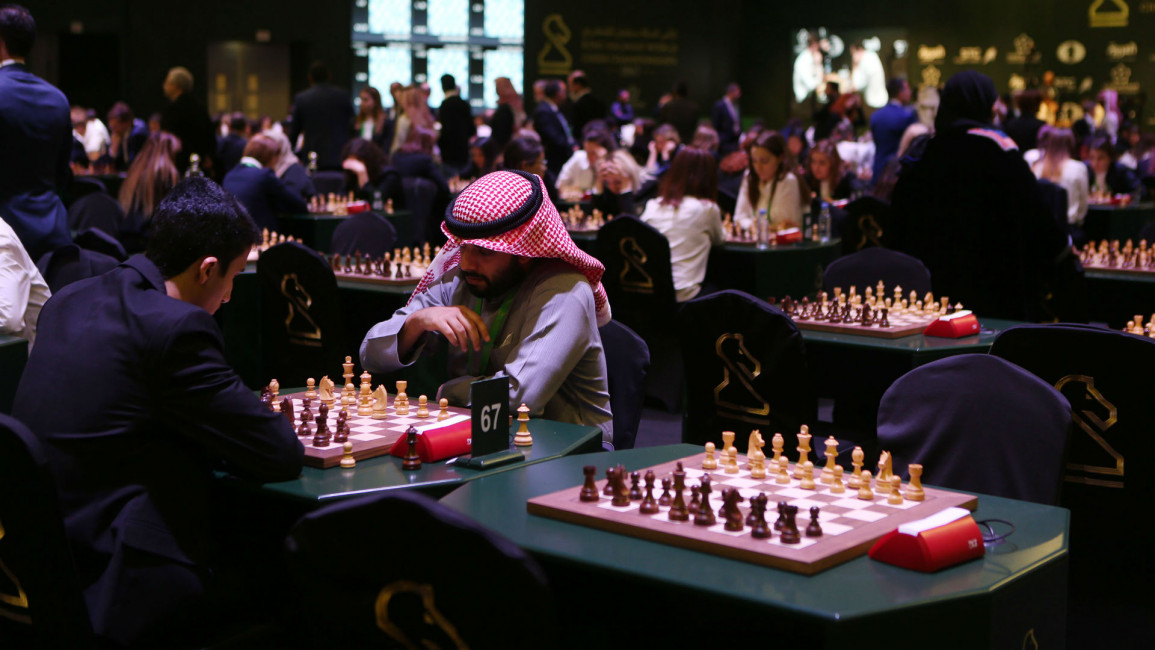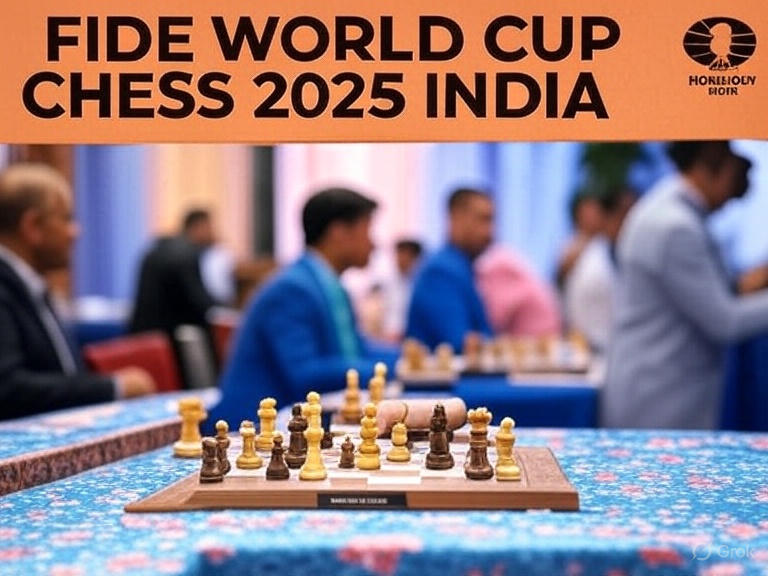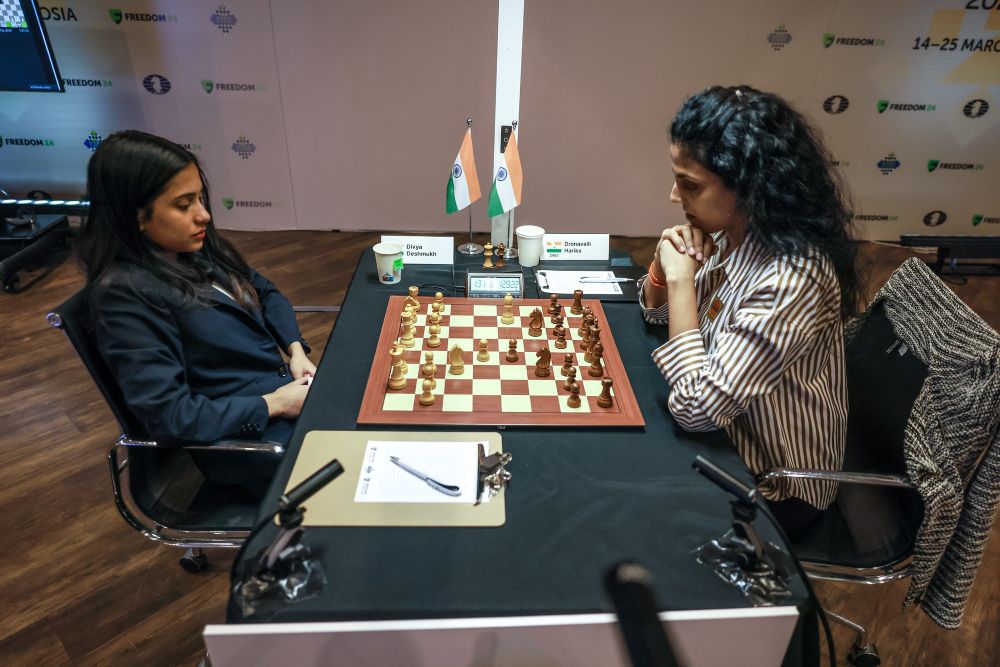The Taliban’s recent ban on chess in Afghanistan echoes their 1996 prohibition, rooted in interpretations of Islamic law that label chess as gambling or a distraction from prayer. “Chess wastes time and risks spiritual harm,” a Taliban spokesperson claimed. Similar concerns led Iran to ban chess in 1979, though it lifted the restriction in 1988, fostering talents like GM Alireza Firouzja. Saudi Arabia’s Grand Mufti Abdulaziz al-Sheikh called chess “haraam” in 2016, yet the kingdom now champions the game, hosting the Esports World Cup 2025. This shift reflects chess’s growing acceptance as a strategic art form.
A Rich Islamic Legacy in Chess
Chess boasts deep roots in the Islamic world, originating as “chaturanga” in 6th-century India before evolving into “shatranj” in Persia. After the Arab conquest in the 7th century, shatranj spread across the Abbasid Empire. Caliph Harun al-Rasheed, a passionate patron, popularized the game in his court, as noted in historical texts. “Shatranj sharpened minds and mirrored military tactics,” says historian Dr. Ali Mousavi. Scholars like Al-Adli al-Rumi penned early strategy guides, cementing chess’s intellectual prestige. By the 8th century, shatranj reached al-Andalus, later spreading to Europe as modern chess.
New York’s Metropolitan Museum displayed a 12th-century Iranian chess set, crafted from turquoise-glazed stonepaste. The “shah” (king) resembled a throne, while the “fil” (bishop) featured tusk-like protrusions. These artifacts underscore chess’s cultural significance in Islamic art, blending functionality with beauty.
Also Read: How Chess’ Esports World Cup 2025 Role Worries FIDE
Chess Thrives in Modern Competitions
Saudi Arabia’s Esports World Cup marks a bold step for chess, integrating it into a $60 million prize pool event, per the official Esports World Cup website. “Chess elevates our tournament’s intellectual appeal,” said Ralf Reichert, CEO of the Esports World Cup Foundation. This platform introduces chess to younger audiences, leveraging digital formats to enhance accessibility. Meanwhile, global platforms like Chess.com report over 100 million users, reflecting the game’s universal draw. Chess thrives as a tool for strategic thinking, countering outdated notions of decadence.
Chess’s journey from ancient shatranj to Saudi’s global stage showcases its enduring appeal. Far from gambling, chess demands precision and foresight, qualities celebrated across cultures.
Also Read: What Stops Indian Grandmasters from Excelling in Freestyle Chess?










